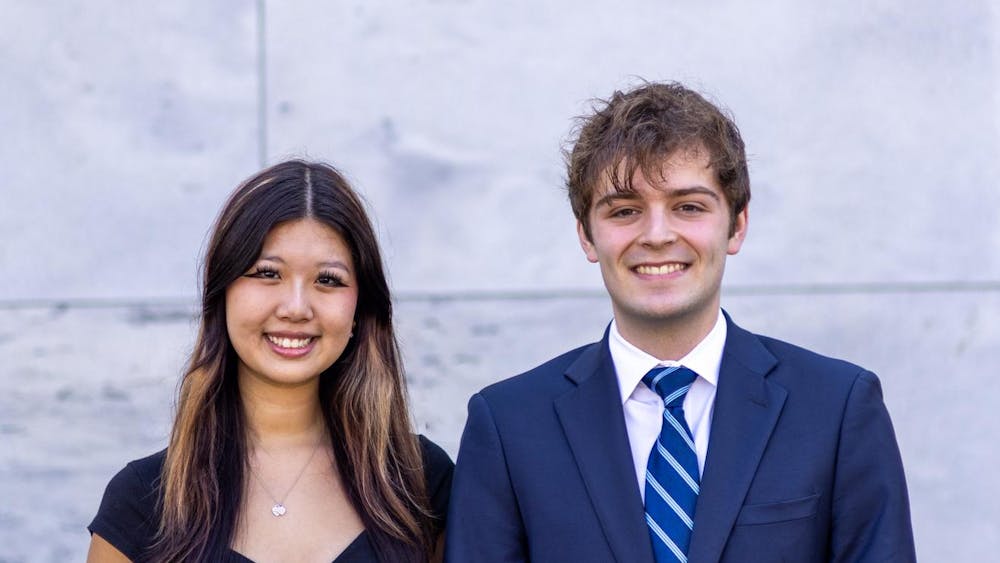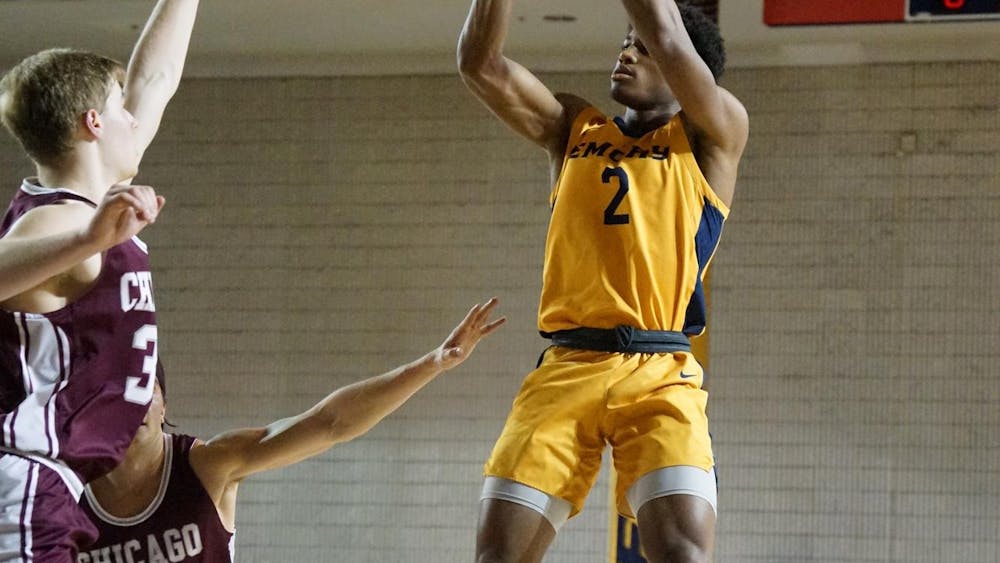On Oct. 15, Emory announced its plan for the upcoming semester: a prolonged winter break in lieu of a spring break, three “rest days” and 800 additional students invited to return to campus. While we commend the University for taking steps to slow the spread of COVID-19, the administration should have consulted a representative number of students and faculty when planning the spring semester.
Students and faculty are both key stakeholders in Emory’s community. When reviewing options for the upcoming spring semester, Emory administrators should have asked students and faculty for input concerning alternative break options, such as intermittent breaks throughout the semester to relieve Zoom fatigue or the reinstitution of spring break. Instead, administrators decided that there will be three rest days interspersed throughout the spring semester to give students some “breathing room.”
Emory made the right decision to give students academic breaks next semester. However, administrators failed to consult students prior to making their initial plans for the spring, which included only vague promises of “mid-week break days.”
The University’s decision to add three academic breaks was retrospective; administrators should have communicated with students about their scheduling preferences and incorporated their feedback into plans for the upcoming semester. Going forward, administrators must include more students in pandemic-related decisions if they want to successfully address the multifaceted concerns that accompany online learning.
Emory’s decision has sent shock waves through the international student community that is unable to attend Emory in person, prompting calls for a study away program. The combination of significant time zone differences and stark social isolation has proven unsustainably taxing for many international students.
Diana Kerolos (23C), an international student currently residing in Egypt, denounced the current semester as “very overwhelming and stressful.” When she read Emory’s Oct. 15 announcement concerning the spring semester, she “ended up having a breakdown and crying.”
“Having to shift my future plans again was very depressing,” Kerolos said. “I’m scared for my mental health in terms of it worsening as it did this semester.”
The administration’s announcement also left domestic students despondent. Adele Pereira (23C) believes that the lack of breaks during another online semester will lead to emotional and physical burnout.
“Given that I live in a cold climate and will be especially cooped up, I am concerned about next semester,” she said. “My inability to socialize takes a toll on my mental health, and I worry that lack of time outdoors will exacerbate that.”
“It would be nice to know what they mean by mid-week breaks,” Pereira noted. “How long are those and what are the workload expectations during those times? Students were also collectively struggling with the workload this semester, so I want to see the University address how that will be different, especially given the condensed semester.”
Emory students are tired of being kept in the dark. The pandemic has been brutal for everyone, and we have no choice but to endure it. The administration’s insistence on a no-break spring semester, however, was easily avoidable. Following nearly two months of academic burnout this fall, the detrimental effects of a compressed semester are abundantly clear.
It's time for administrators to be more transparent with students and faculty about life-altering decisions during the pandemic. Anything resembling a positive spring semester will require strong communication between administrators, faculty and students.
Administrators, you spent weeks making that decision and never bothered to send one email asking us our thoughts. We are more than an afterthought. Don’t sideline us again.
The above editorial represents the majority opinion of the Wheel’s Editorial Board. The Editorial Board is composed of Sahar Al-Gazzali, Brammhi Balarajan, Viviana Barreto, Rachel Broun, Kemal Budak, Jake Busch, Sara Khan, Demetrios Mammas, Meredith McKelvey, Sara Perez, Ben Thomas, Leah Woldai and Lynnea Zhang.









